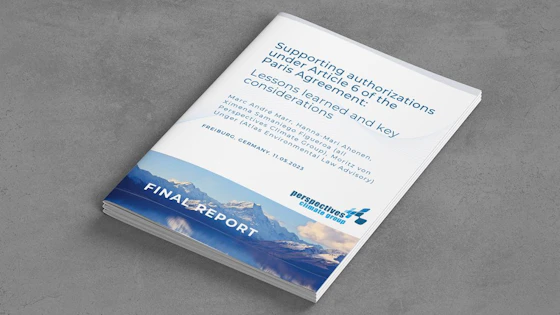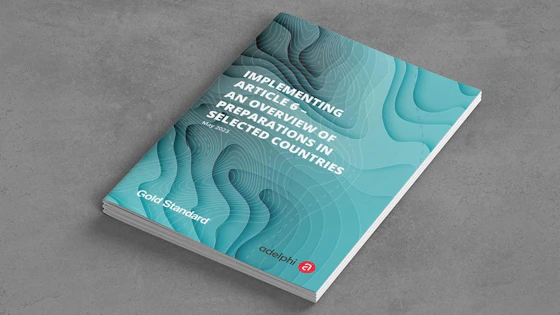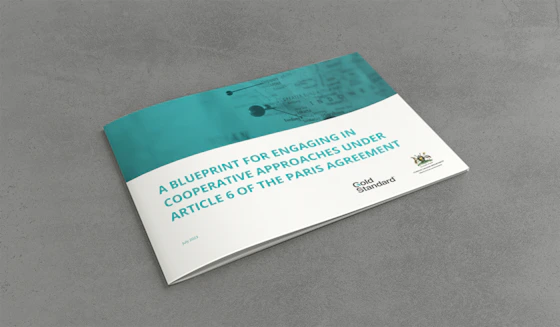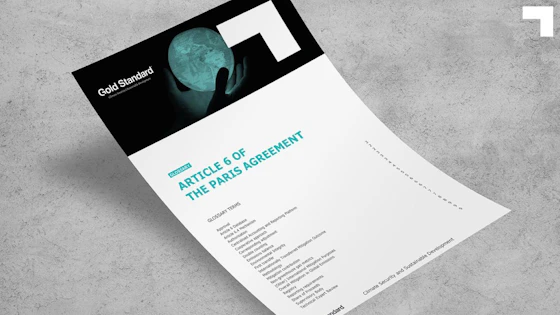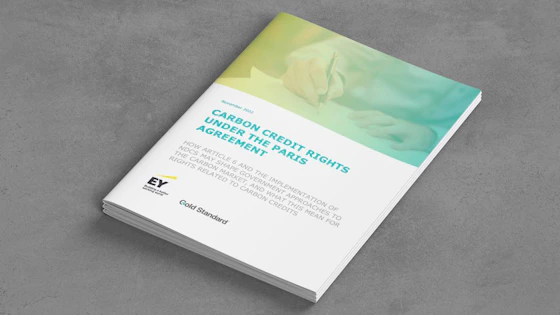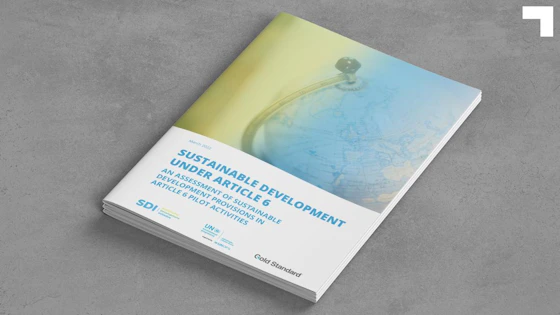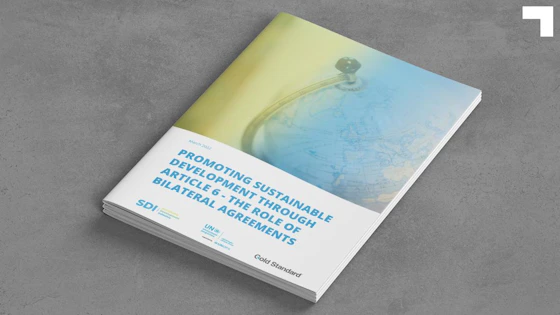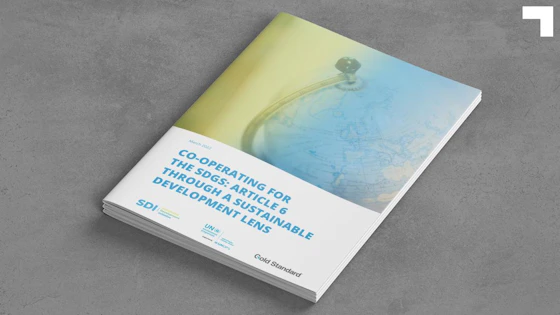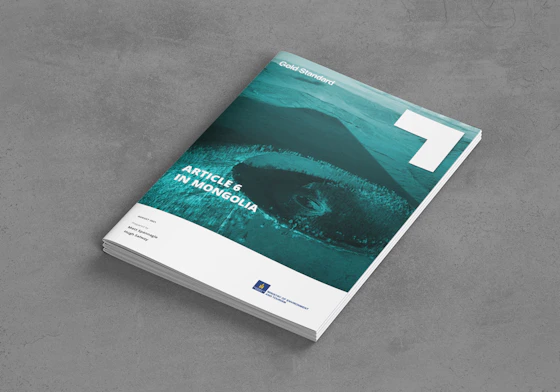The Carbon Offsetting and Reduction Scheme for International Aviation (CORSIA) is a global market-based mechanism established by the International Civil Aviation Organization (ICAO) to address greenhouse gas emissions from international aviation. Airlines from participating countries are required to monitor, report and offset emissions growth above a 2019 baseline using eligible carbon credits.
CORSIA is being implemented in phases, with Phase 1 (2024–2026) currently underway and Phase 2 (2027–2035) expanding participation and making compliance mandatory for most countries. The scheme complements other aviation decarbonisation measures, including efficiency improvements and sustainable aviation fuels, by addressing emissions that cannot yet be reduced directly.
Gold Standard is recognised by ICAO as an eligible crediting programme for CORSIA. Appropriately authorised and labelled Gold Standard Verified Emission Reductions (GSVERs) can be used by airlines to meet their obligations and are clearly identified in the Gold Standard Impact Registry.

